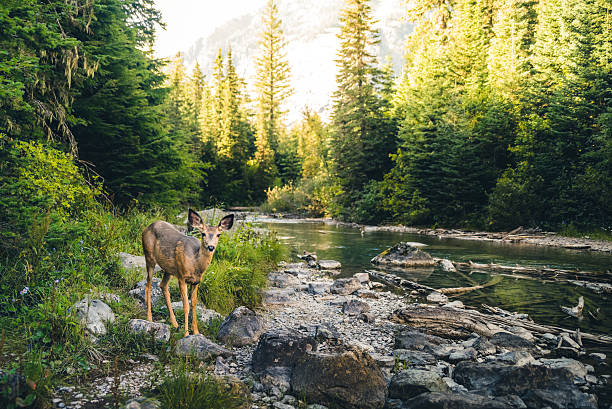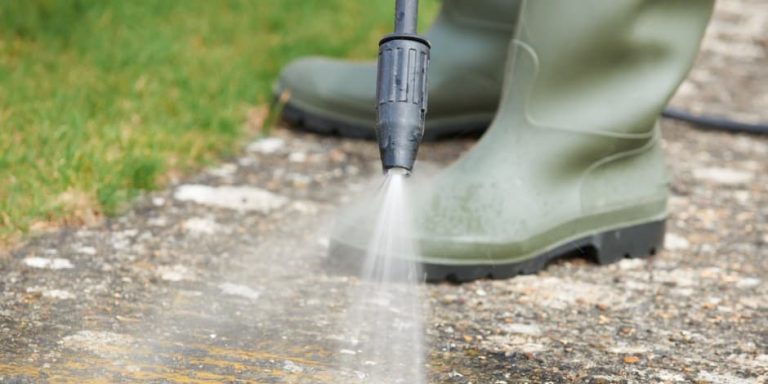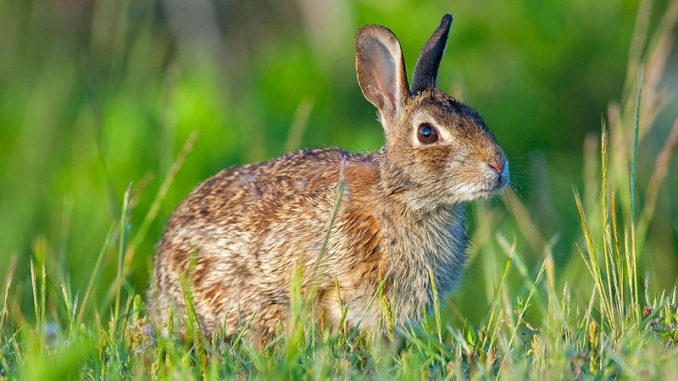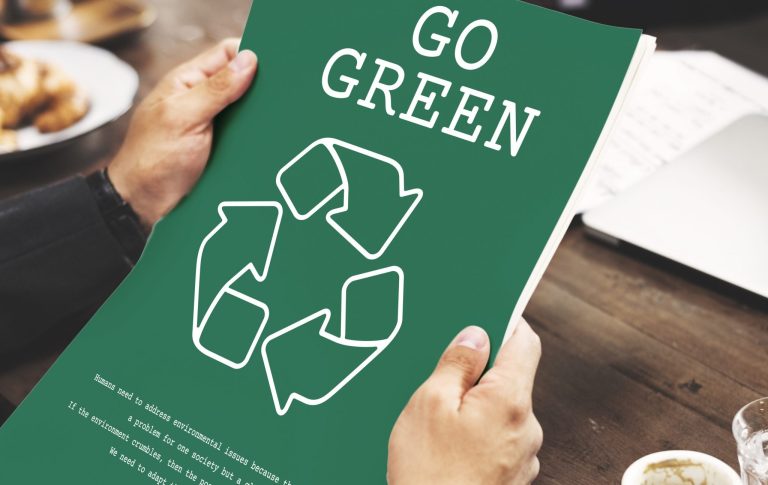
Pressure washing is a powerful tool for maintaining cleanliness, but when used near wildlife habitats, it can pose serious risks to both the environment and the creatures that call it home. Whether it’s birds nesting under eaves, frogs living near a pond, or squirrels nesting in trees—there’s a fine line between outdoor cleaning and environmental disruption.
In this article, we’ll explore how pressure washing affects nearby wildlife, the types of areas that are most sensitive, and how to carry out pressure washing safely and responsibly in or near natural habitats. 🌿
🐾 Why Wildlife Habitats Are Vulnerable
Animals—especially smaller or nesting species—are extremely sensitive to:
- Noise and vibration
- Sudden water blasts
- Chemical exposure
- Loss of shelter or food sources
Pressure washers can generate over 3,000 PSI, which can destroy nests, burrows, or hiding spots, while runoff may contaminate feeding grounds or water sources.
📍 Common Wildlife Zones Near Homes and Businesses
Even in urban areas, pressure washing may occur near:
- 🐦 Bird nests under gutters or awnings
- 🐿️ Squirrel or raccoon dens in attics or trees
- 🐸 Frog and salamander habitats near ponds or garden beds
- 🐍 Snakes under decks or garden rocks
- 🐝 Bee or wasp nests (which may provoke aggressive behavior)
And in more rural or natural zones, wildlife exposure increases dramatically.
⚠️ Risks of Pressure Washing Near Wildlife
- Nest Disruption: A sudden blast can knock down nests, causing injury or death to baby animals or birds.
- Water Pollution: Runoff may enter streams or ponds, poisoning aquatic species.
- Noise Disturbance: Prolonged washing near a den or burrow may cause animals to abandon their young out of fear.
- Soil and Plant Disruption: Washing too close to the ground can erode soil or uproot insect-rich plants, a key food source.
- Chemical Exposure: Detergents, even those labeled “green,” can kill insects or harm amphibians, who breathe through their skin.
✅ Best Practices to Protect Wildlife While Pressure Washing
1. Inspect the Area First
Before washing:
- Walk around the job site
- Check for bird nests, burrows, or dens
- Look under decks, rooflines, and near shrubs
- Avoid any areas showing signs of active wildlife use
If in doubt—skip it. Better to delay than destroy a habitat.
2. Avoid Peak Breeding Seasons
In most regions, spring to mid-summer is when:
- Birds are nesting
- Mammals have babies
- Amphibians are mating and laying eggs
Delay pressure washing if you’re working near natural vegetation, garden ponds, or trees during this time.
3. Use Manual Cleaning Around Sensitive Areas
Instead of blasting a nest out of a corner:
- Use a soft brush and warm water
- Clean around the area with care
- Mark zones to avoid with tape or signage if you’re working in a team
Manual methods may take longer but prevent irreversible harm.
4. Choose Wildlife-Safe Detergents
Look for cleaners that are:
- Non-toxic to aquatic life
- Free from phosphates, bleach, or solvents
- Labeled biodegradable within 48–72 hours
Even diluted runoff can be lethal to amphibians, insects, or fish.
Browse Amazon Here For Eco-Friendly Power Washing Detergents
5. Divert and Filter Runoff
Use:
- Catch basins or temporary berms to keep water away from soil
- Gravel beds to soak up runoff
- Filters made of charcoal or sand to trap pollutants before they hit the ground
Never let runoff enter a nearby creek, storm drain, or wetland area.
🐦 What to Do If You Accidentally Disturb Wildlife
If you unintentionally damage or uncover a habitat:
- Stop washing immediately
- Do not touch or attempt to relocate animals
- Call your local wildlife rescue or animal control agency for guidance
- Clean tools and avoid the area for at least 72 hours to give animals a chance to return
🧠 Final Thoughts
Pressure washing is a great tool for home and business maintenance, but it’s easy to forget that we often share these spaces with wildlife. A little extra awareness and a few simple precautions can ensure that your property stays clean—and your furry, feathery, or scaly neighbors stay safe. 🐾💚
Browse Amazon Here For Top Rated Power Washers And Accessories






